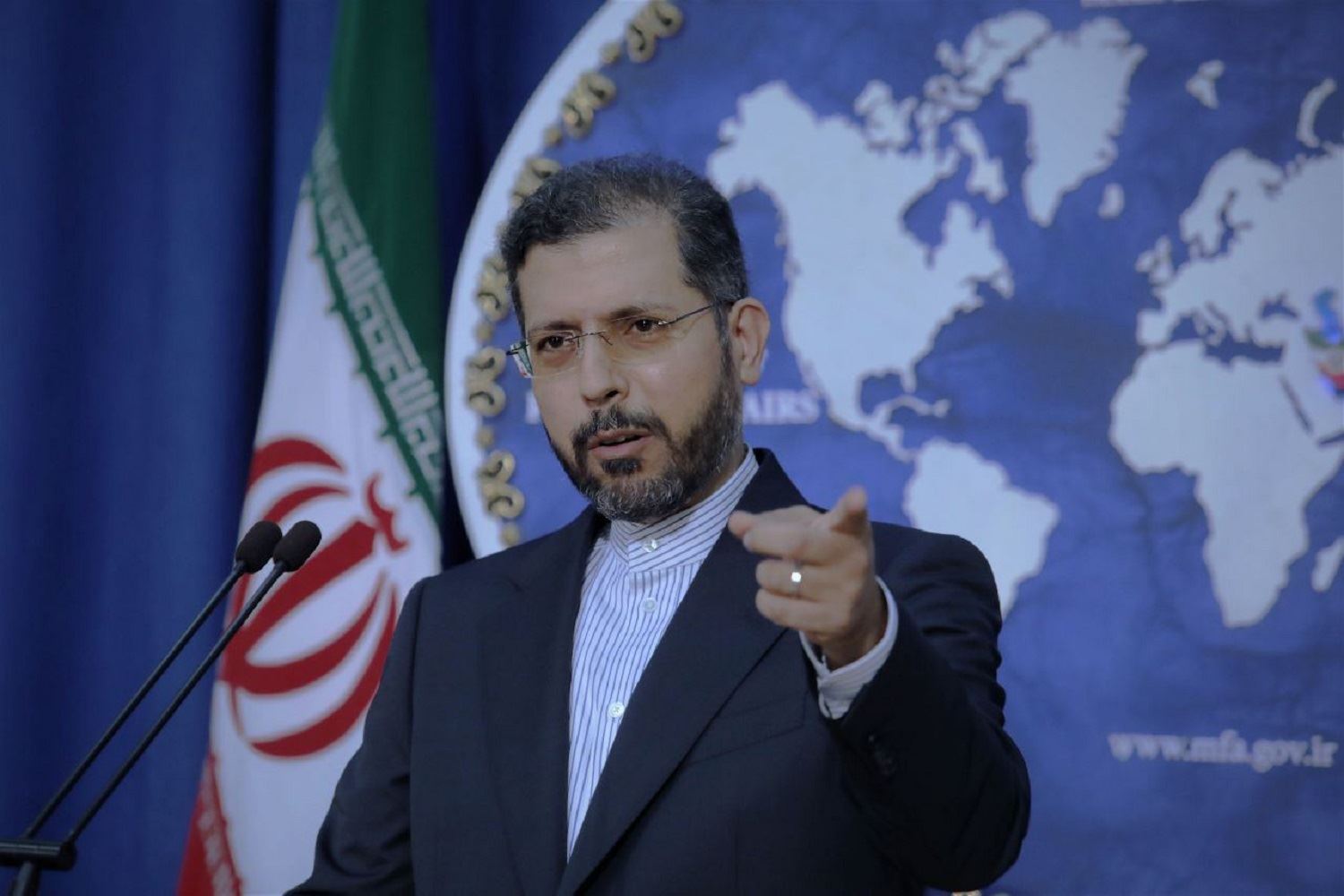NOVANEWS
Maryam Al-Khawaja

ZIONIST KING OF BAHRAN
IT HAS been nearly a year since President Obama announced at the United Nations that the United States would subordinate concerns about human rights when dealing with governments that “work with us on our core interests” — which, as he defined them, include the free flow of oil but not the prevention of genocide. Since then, as we have pointed out on a couple of occasions, several nations with close security ties to the United States have launched crackdowns against secular and pro-Western opponents and made a show of humiliating senior State Department envoys.
Prominent among these “allies” is the Persian Gulf nation of Bahrain, a tiny island state that hosts the U.S. 5th Fleet and depends on the United States for arms sales, free trade and protection from predatory neighbors. Since Mr. Obama’s speech, the autocratic al-Khalifa regime has arrested scores of peaceful opponents and sabotaged a “national dialogue” it had previously pledged to carry out; in July it ostentatiously expelled the State Department’s assistant secretary for human rights after he met with members of a legal opposition party. The administration could have responded to these insults and abuses by suspending military sales to Bahrain, or at least with strong statements by Mr. Obama, as it had in the past to good effect. Instead, following the president’s new policy, it limited itself to meek expressions of “concern” by low-level spokesmen.
And so, predictably, the abuses continue. On Saturday one of Bahrain’s — and the Arab world’s — best-known advocates of human rights, Maryam al-Khawaja, was arrested at the country’s international airport. Ms. Khawaja, who had been living abroad, was attempting to enter the country in order to visit her father, a peaceful critic of the regime; since 2011, he has been unjustly imprisoned on trumped-up terrorism charges. Ms. Khawaja, who is 27 years old and under 5 feet tall, was accused of assaulting airport police; she says she was roughed up by four officers. Her supporters believe she may face more charges when she is brought to court this Saturday.
Ms. Khawaja’s real offense, as the al-Khalifa regime no doubt sees it, has been her tireless advocacy for Bahrainis who have been arrested, tortured or killed in the past several years while attempting to advocate for peaceful democratic reforms. A fluent English speaker who spent a year at Brown University on a Fulbright scholarship, Ms. Khawaja has been particularly conspicuous in Washington, where she has met with members of Congress and senior U.S. officials. In 2012, Washington-based Freedom House presented her with its Freedom Award in recognition of her work and that of her father and sister.
Though it has resisted pressure to grant more rights to its Shiite majority population, the al-Khalifa regime used to be sensitive to political pressure from Washington. After Mr. Obama made a May 2011 speech specifically citing Bahrain and the administration temporarily suspended arms sales, the al-Khalifas promised a series of reforms. Now they feel free not only to abandon those efforts but also to take steps that they know will be seen in Washington as provocative. And no wonder: Ms. Khawaja’s arrest has so far drawn only another rote statement of concern from the State Department.



